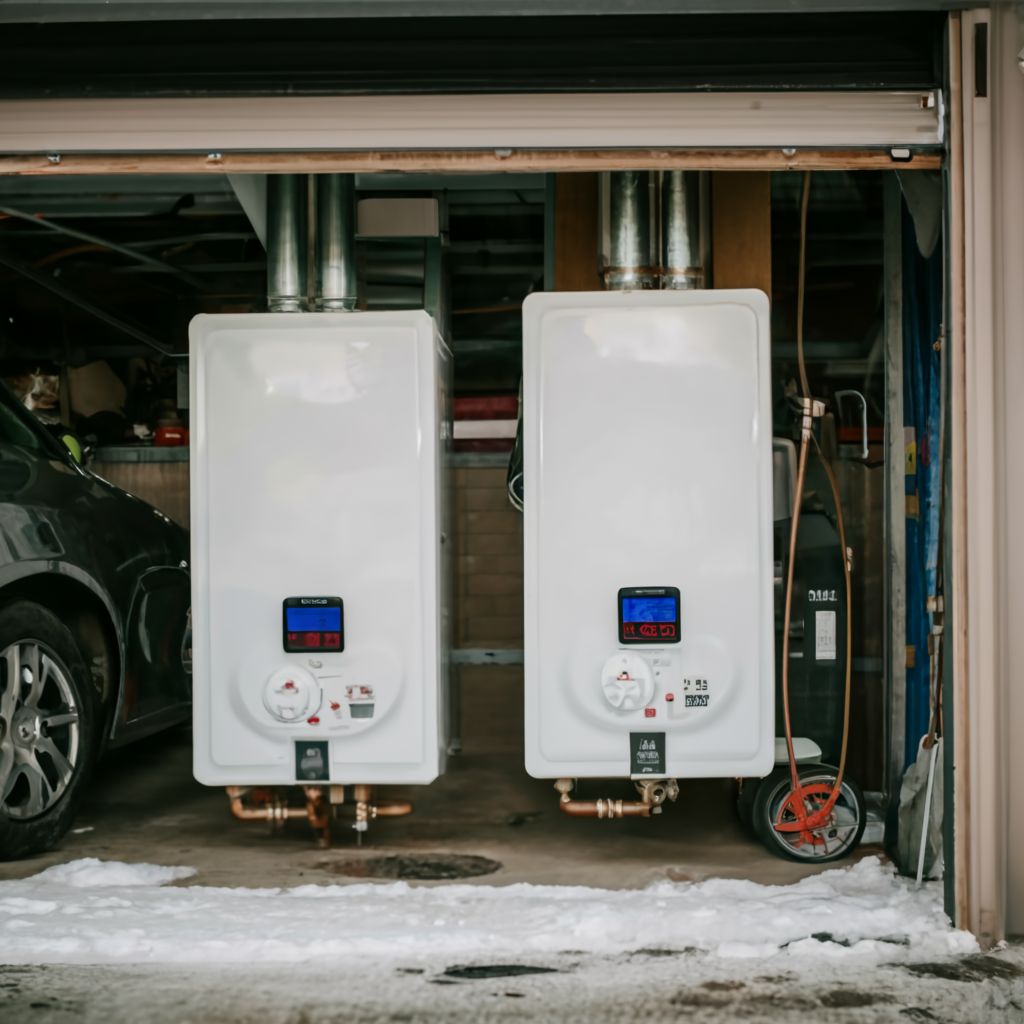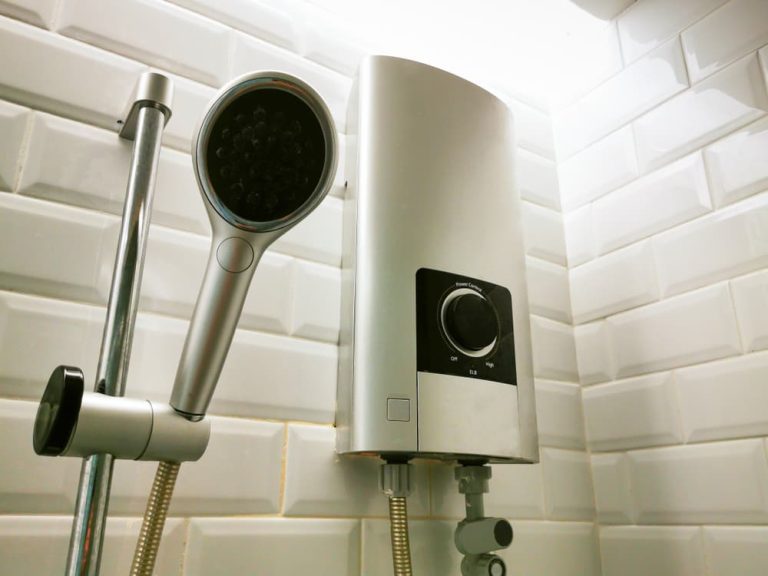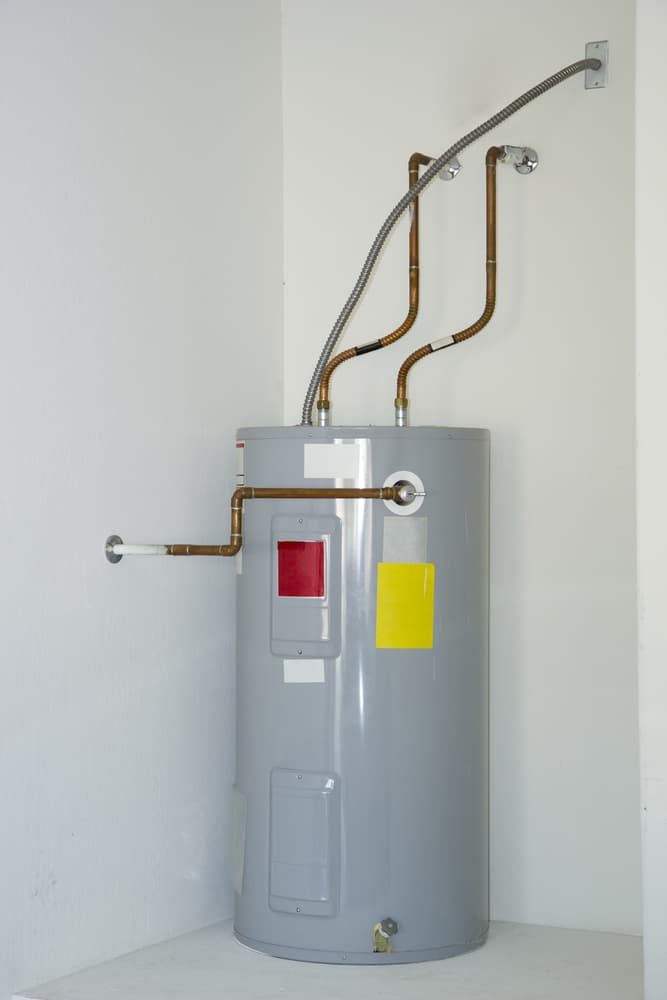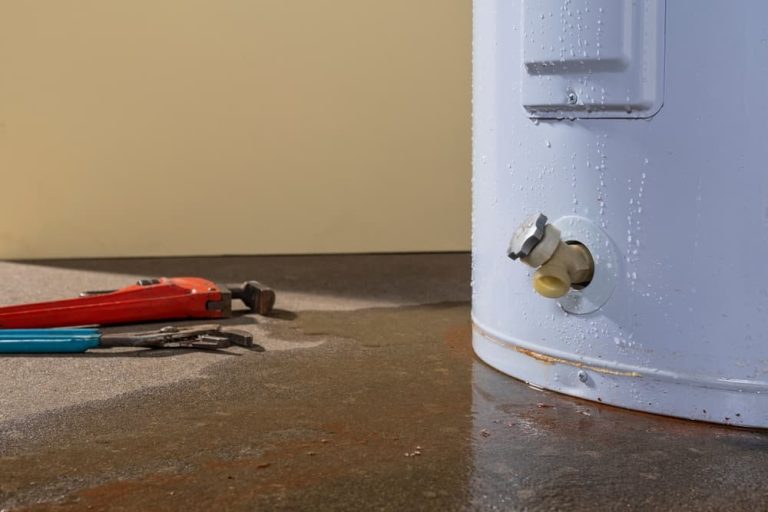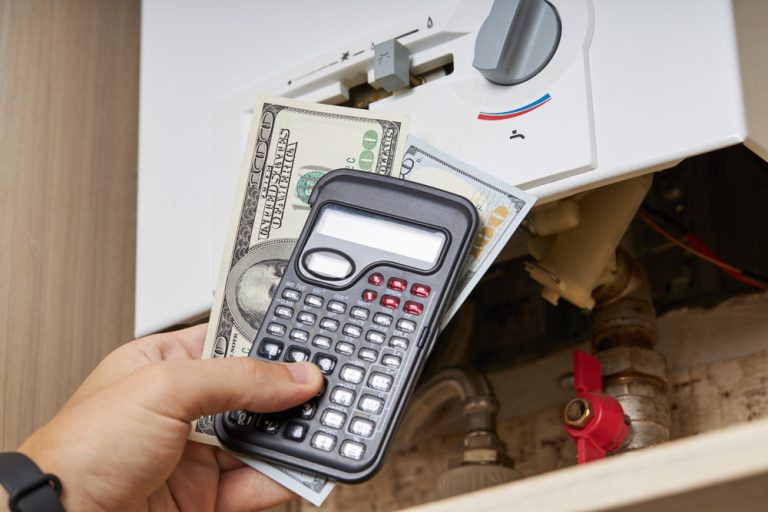Cold Weather Tips For Tankless Water Heater Users
The water entering your home is significantly colder when temperatures drop, and winter arrives. Ensuring that you have enough hot water for your household needs is essential. Suppose you have a tankless water heater for a hot water supply. In that case, there is no doubt that while they offer Various benefits such as energy efficiency and fast hot water output, they come with their own set of considerations, particularly in colder climates, but what should you know about tankless water heater and their different types?
What Exactly is a Tankless Water Heater?
Moreover, A tankless water heater, an on-demand or instantaneous water heater, operates by heating water directly as it flows through the unit, eliminating the need for a storage tank. Unlike conventional tank water heaters, which maintain a continuous supply of heated water, tankless models only heat water when required.
Upon turning on a hot water tap, unprocessed water travels through the unit’s heating element or coils, where it’s swiftly heated to the desired temperature, surpassing reaching the tap or showerhead. This process minimizes standby heat loss, enhancing energy efficiency and reducing utility costs.
Tankless water heaters are arriving in gas (natural gas or propane) and electric variants, offering multiple advantages and considerations. Gas-powered units typically have higher spritz rates, making them suitable for larger households or applications with upper demand. Conversely, Electric models will be increasingly readily available for installation in one-time scenarios.
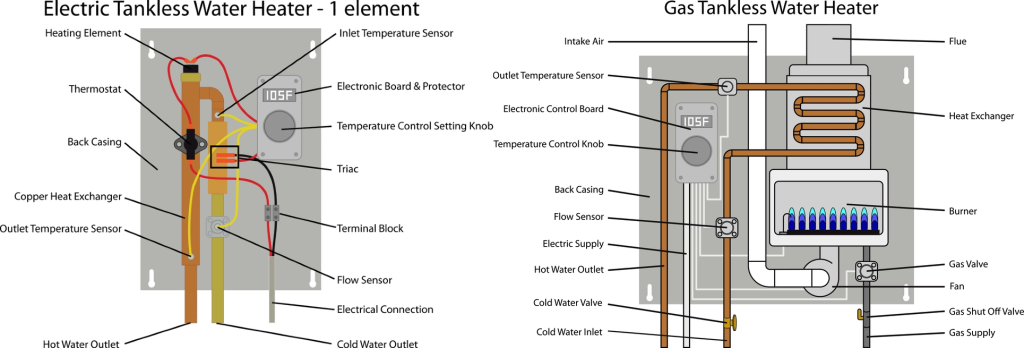
Tips for Tankless Water Heater Users in Cold Conditions
In cold winter conditions, tankless water heaters face freezing and weather-related issues, particularly outdoors or in unheated garages. Remember these Tips from Star Water Heater Repair when caring for your water heater in Cold conditions.
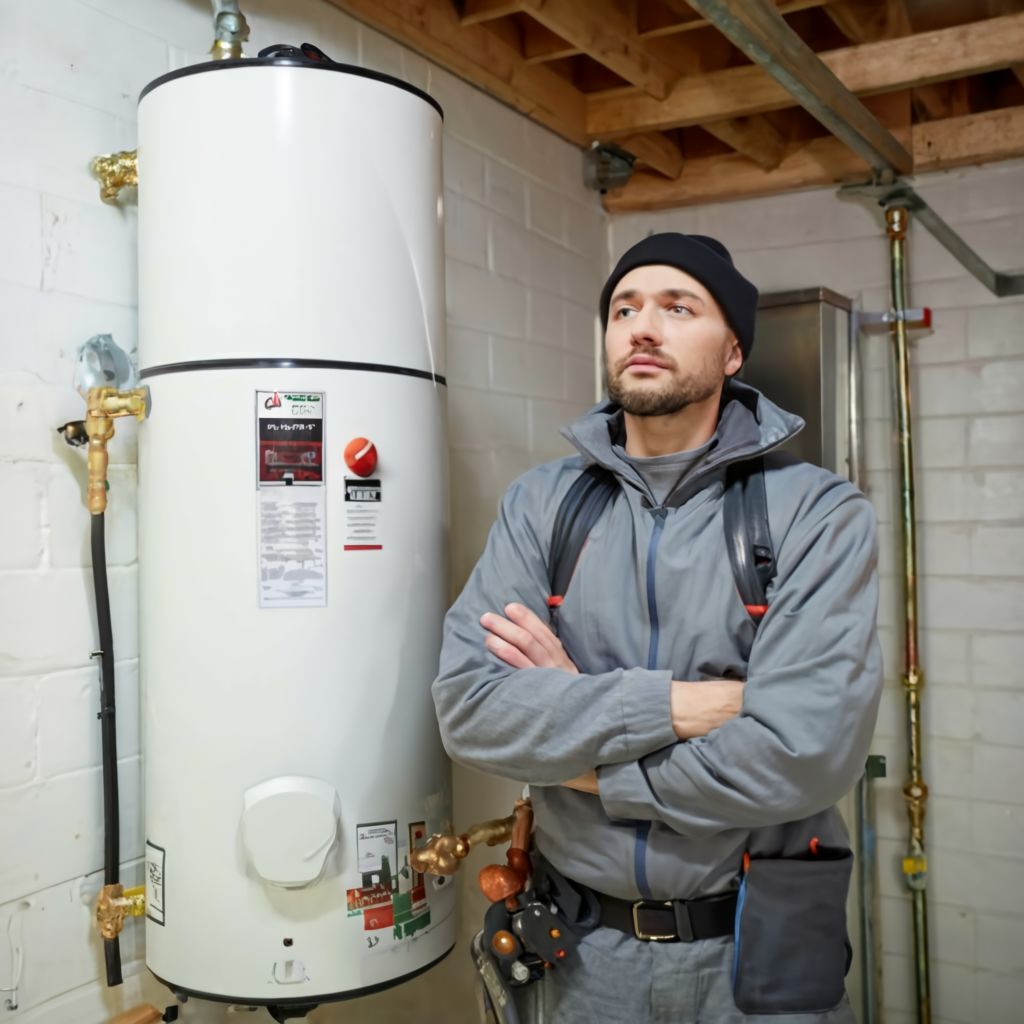
Select a Suitable Size for Cold Weather Conditions
One of the key factors to consider when using a tankless water heater in cold weather is selecting a unit with an adequate capacity to meet the increased demand for hot water. In colder regions, the incoming water temperature can be significantly lower, requiring the water heater to work harder to heat the water to the desired temperature. Before purchasing a tankless water heater, it’s essential to consult with a professional to determine the appropriate size unit for your specific needs during the coldest months of the year. Choosing a unit with sufficient capacity ensures a consistent hot water supply, even in Cold weather conditions.
Consider Ventilation Needs for Cold Weather
Proper ventilation is essential for a tankless water heater’s safe and efficient operation, especially in cold weather. In colder weather conditions, vents can become blocked by snow or ice, obstacles to airflow, and potentially cause them to malfunction. Before the onset of winter, inspect the ventilation system of your tankless water heater and ensure that it is clear of any obstacles. Consider installing protective measures such as vent caps or shields to prevent snow and ice buildup and maintain proper ventilation throughout winter. Proper ventilation ensures the efficient operation of your water heater and reduces the risk of carbon monoxide buildup indoors.
Stay Aware of Snow Alerts
During periods of heavy snowfall conditions, it’s essential to stay informed about snow alerts and take proactive measures to protect your tankless water heater. Heavy snow accumulation can Cover the outdoor unit of your water heater, obstructing airflow and potentially causing it to malfunction. Regularly monitor weather forecasts and snow alerts in your area, and take prompt action to remove any snow buildup around the water heater to ensure proper ventilation and operation. Consider installing the unit in a sheltered location or using a protective cover to shield it from snow and ice.
Ensure You Have a Backup Power Solution
In a power outage during cold weather, a backup power solution for your tankless water heater is essential. While tankless water heaters do not store hot water like traditional tank heaters, they still require electricity. Investing in a backup power generator or battery backup system can ensure that your tankless water heater continues functioning during power outages, providing you with hot water when needed most. Additionally, consider keeping spare batteries or alternative heating sources on hand to maintain comfort during extended power outages.
Check the Freezing Components
It’s crucial to thoroughly inspect all components of your tankless water heater for any signs of freezing, as this can lead to significant damage or diminished performance. Freezing temperatures can affect various parts and mechanisms within the unit, such as the heat exchanger, water pipes, and electronic controls. Ice accumulation can cause components to expand or contract, potentially leading to cracks, leaks, or malfunctions. Regular maintenance checks, especially before the onset of winter, can help identify and address any freezing-related issues promptly, ensuring the continued efficient operation of your tankless water heater.
Seeking Professional Assistance
Cold weather can cause tankless water heaters to fluctuate and freeze. Systematic troubleshooting can identify and resolve cold weather tankless water heater problems. This includes checking for any obstructions in the ventilation system and ensuring proper insulation to prevent freezing. Seeking professional assistance? Star water heater repair is always ready to assess. Our experienced technicians can provide expert solutions customised to your specific situation. Additionally, adhering to regular maintenance practices, such as flushing the system and inspecting for leaks, can help maintain optimal performance.
Pros and Cons
| Pros | Cons |
| Efficient energy usage | Higher upfront cost |
| Endless hot water supply | Limited hot water flow rate in some cases |
| Space-saving design | Potential for inconsistent water temperature |
| Longer lifespan compared to traditional units | Requires professional installation and maintenance |
| Reduced risk of water damage or leaks | May require upgrades to gas lines or electrical system |
Conclusion
Following these cold weather tips for tankless water heater users, you can ensure that your system remains efficient and reliable throughout winter. Proper preparation and proactive measures allow you to enjoy uninterrupted hot water comfort even when the temperature drops outside.
Additionally, if the unit is to be installed outdoors, expert guidance is crucial for winterizing it, especially in regions where temperatures drop below 35 degrees Fahrenheit. Consulting with a technician ensures you make informed decisions regarding your tankless water heater installation.

